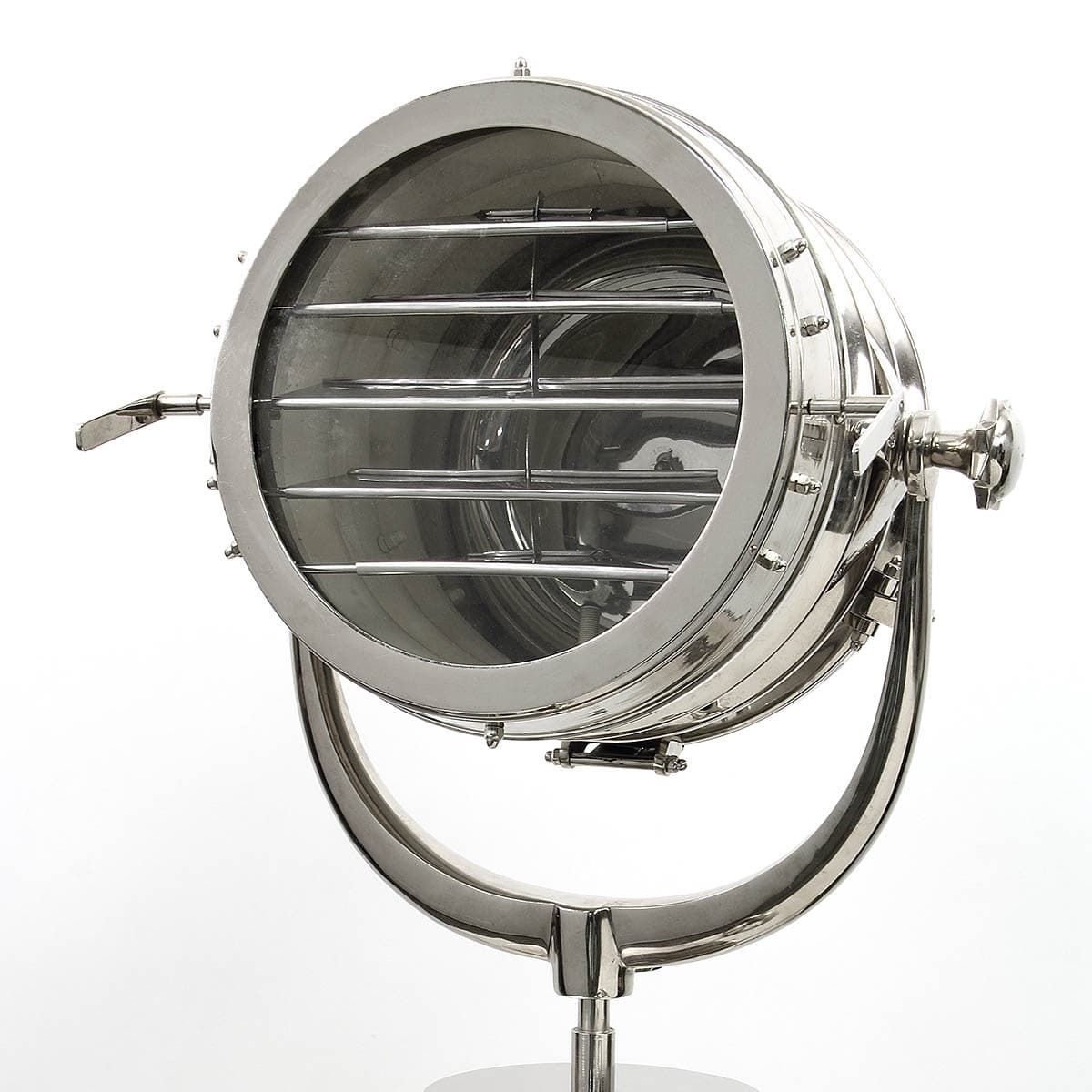Contents

Source: Windlass Steelcrafts
The Evolution of Signal Lamps
Introduction
Signal lamps have a rich history, initially used for long-distance communication through light flashes. Today, these lamps serve as indicator lights for various applications, utilizing technologies like glow lamps, light-emitting diodes (LEDs), and incandescent lamps.
Types of Signal Lamps
Signal lamps come in various forms, each tailored for specific purposes:
- Glow Lamps: Commonly used for indicating the “on” state of electrical systems, glow lamps are cost-effective and operate directly on line voltage.
- LEDs: Ideal for low-voltage applications, LEDs offer high energy efficiency and are widely used in signaling, such as in traffic lights and safety warnings.
- Incandescent Lamps: While still in use, incandescent lamps are being replaced by LEDs due to their lower power consumption and longer lifespan.
Important Parameters
Key considerations for signal lamps include:
- Light Output and Color: Varying light intensities and colors serve different signaling purposes, such as green for normal operation and red for alerts.
- Diffuse or Directional Emission: Signal lights may emit light diffusely or directionally based on the viewing requirements.
- Drive Voltage: The choice of lamp technology depends on the available drive voltage, with glow lamps suitable for high voltages and LEDs for low voltages.
- Energy Efficiency: While not critical for signal lights, energy efficiency is essential for battery-powered devices, making LEDs a preferred choice.
- Lifetime and Reliability: Longevity and reliability are crucial, especially in safety-critical applications like car brake indicators.
- Switching Speed: LEDs offer rapid switching capabilities, essential for applications requiring fast responses.
- Size and Shape: Modern LED solutions provide flexibility in size and shape, allowing for diverse designs to meet specific requirements.
Conclusion
Signal lamps have evolved from long-distance communication tools to compact, efficient indicators for a wide range of applications. Understanding the key parameters and technologies behind these lamps is essential for selecting the most suitable solution for different signaling needs.

Source: USNI News – U.S. Naval Institute
Feel free to comment your thoughts.



